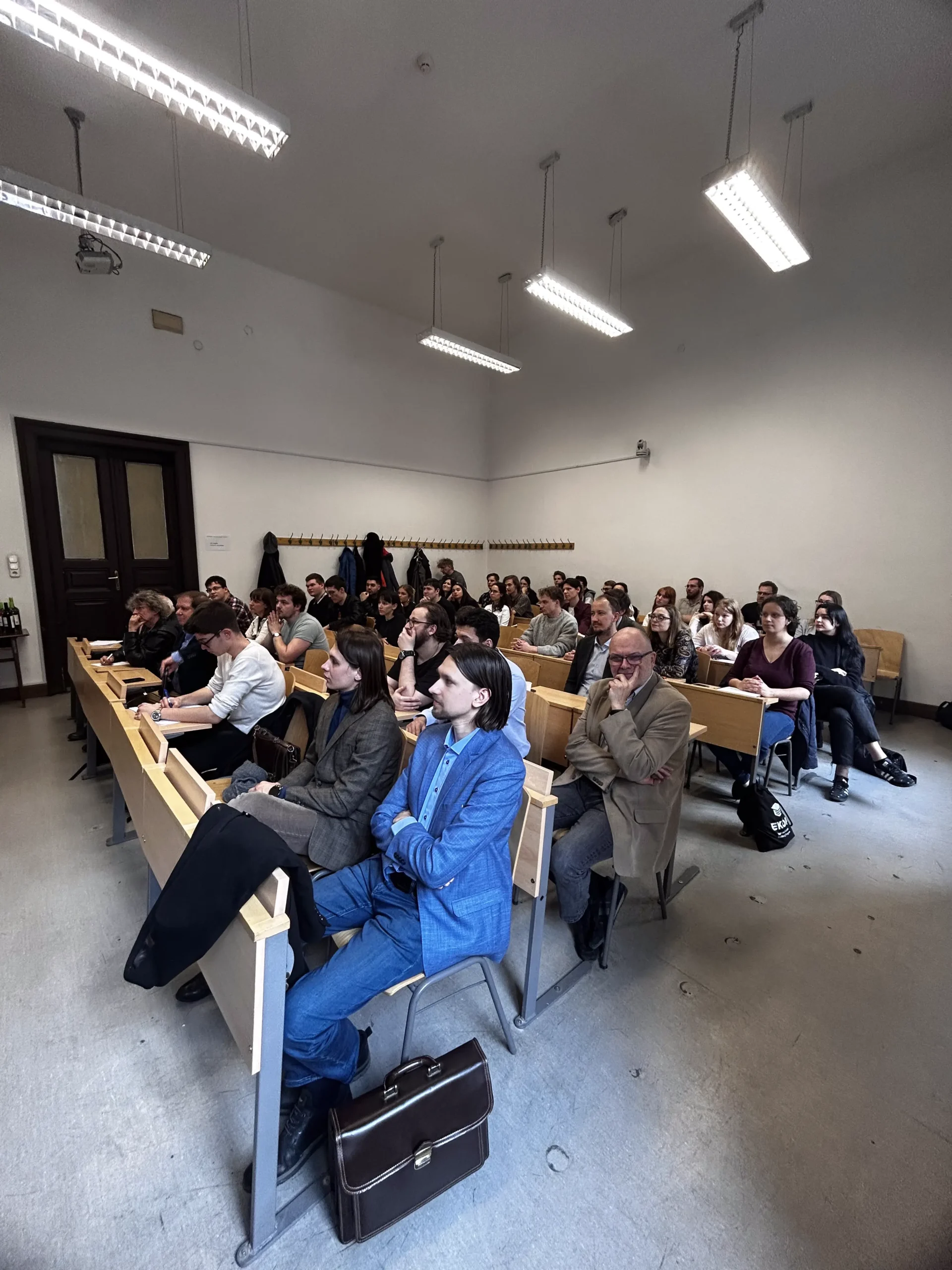Gedeon Richter and the birth of the Hungarian pharmaceutical industry – Ecséd
Fact of the Hungarian figure „Semmelweis – Saviour of mothers”
Part of the „Pandemics” topic
Gedeon Richter (1872–1944), a visionary pharmacist born in Ecséd, is credited with founding the modern Hungarian pharmaceutical industry. His pioneering efforts not only laid the foundation for Hungary’s pharmaceutical sector but also contributed significantly to global medical advancements, especially in addressing infectious diseases and pandemics.
After graduating from Budapest University in 1895, Richter gained experience at several European pharmacies before returning to Hungary to open his own pharmacy in 1901. His establishment, the „Sas Pharmacy,” in Budapest, was more than just a place to fill prescriptions—it became a hub for pharmaceutical innovation. Richter was one of the first pharmacists in Europe to introduce industrial-scale production of medications, combining science with commerce. This industrialization was crucial during times of pandemics, as it allowed for the mass production of essential medicines that could be distributed widely, a vital factor in managing public health crises.
Richter’s focus was on producing high-quality, affordable medicines. His efforts soon expanded internationally, with his company, Gedeon Richter Plc., exporting drugs across Central Europe and beyond. This expansion played a crucial role during outbreaks of diseases like tuberculosis and the Spanish flu, as the ability to produce and distribute medicines on a large scale helped manage the spread and treatment of these infectious diseases. His research and pharmaceutical innovations also contributed to the development of vaccines and antibiotics, which were key in preventing and treating epidemics.
Under his leadership, the company expanded rapidly. By the early years of World War II, the company had established a global network with representation on five continents, 10 subsidiaries, and warehouses in 34 countries. However, in 1942, due to Hungary’s anti-Jewish laws, Richter was removed from his position as CEO and later barred from entering his own factory. Despite this, he continued to manage the company covertly from his home with the help of trusted colleagues.
In 1944, as the war worsened, the company’s operations nearly ground to a halt. Richter had the chance to escape to Switzerland, but he chose to stay in Hungary. He and his wife were hidden by Raoul Wallenberg, along with over a thousand other Jews. Tragically, in December 1944, Richter was murdered by the Arrow Cross Party, shot into the Danube alongside many others.
Richter’s company was responsible for developing important drugs, including the production of digitalis-based heart medications and antiseptics. During pandemics, such advancements were critical, as they helped support the health systems of Hungary and neighboring Central European countries. The company’s legacy continued through the 20th century, even surviving the disruptions of both World Wars and the subsequent communist takeover in Hungary, maintaining its reputation as a leader in pharmaceutical innovation.





